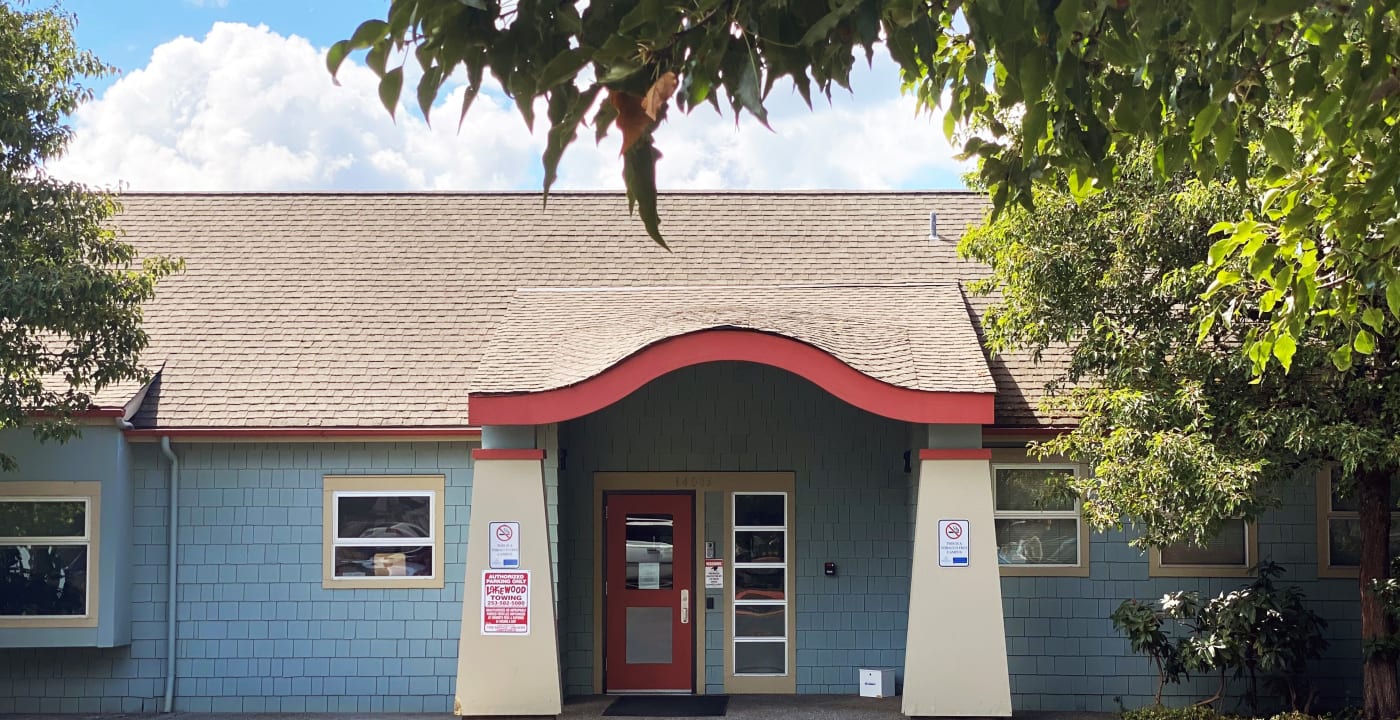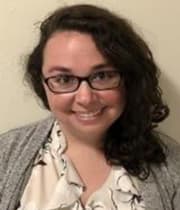Greater Lakes Recovery Center staff walk alongside clients, supporting mental health recovery

September is National Recovery Month. The goal of this observance is to share how mental health treatment and services can help those with mental illnesses as well as Substance Use Disorders recover and live healthy, rewarding lives.
Located in Parkland, Washington, Greater Lakes Recovery Center — part of the MultiCare Behavioral Health Network — is centered on recovery, proving that with mental health treatment, clients can achieve their hopes and dreams and live their lives to the fullest. The inpatient evaluation and treatment center has been serving Pierce County since 2010 and is currently supported through community donations to MultiCare Behavioral Health Foundation.
“I started working here when we opened up in 2010 — we had one client in one hallway,” says Pam Cole, certified peer specialist and team lead. “It was neat to see the transition of starting a new program.”
The Recovery Center has grown to include 16 beds, with most individuals entering by court order. The majority of clients do convert to voluntary status at discharge. During their stay, adults work with a multidisciplinary team, which includes psych providers, medical providers, mental health professionals, mental health technicians, peer specialists and registered nurses.
“At the center, we offer an array of services, medications, groups and individual counseling. We help clients learn more about mental illness, coping skills and why meds are important,” says Darlene Davies, director of clinical services. “We include collaboration with folks from the community, other partners and family members. We encourage wellness meetings in person with family members, support systems and natural supports. Now, we do that all virtually.”
Davies and her team aim to deliver trauma-informed, recovery-focused care.
“Most everybody coming in here has been traumatized in some way. When they’re in crisis, we’re able to help them manage that crisis,” she explains. “We try to partner with the person as soon as they get here, providing quick and effective care to bring them hopefully back to their baseline. We bring them along with us to see the benefit of treatment. (And we) look less like a hospital. We try to have folks dressed in their clothes and make it more inviting, more welcoming.”
The Recovery Center also has peer specialists on staff like Cole to share their lived experiences and offer hope for clients.
“I work directly with clients, basically taking care of their immediate needs. I share a lot of my story when it’s something that I think they can relate to,” Cole says. “My biggest goal here is to provide that hope. I was in the mental health system for many, many years, and I’m not anymore. And they could also experience that.”
Through her work, Cole enjoys seeing people realize their true, authentic selves.
“I can see the growth that people experience in the short time that they have been at the Recovery Center,” she says. “It’s amazing. You’ll see somebody who will come in with one personality, and they’re totally different when they leave. It’s like, that’s the real you — I knew it was there.”
Davies also finds joy in the potential for transformation and in hearing from clients’ families about the difference she and her team have made.
“Thank you from the bottom of my heart for giving my daughter back to me as I knew her in the past,” writes one family member. “I appreciate everyone at the Recovery Center for having cared for her. I know that her recovery is not complete, but your center has given her a tremendous start to continuing her recovery.”
By supporting the Recovery Center through the MultiCare Behavioral Health Foundation, you can help people begin their recovery journeys. With your donation to evidence-based behavioral health programs, no one has to face a mental illness or substance use disorder alone.




